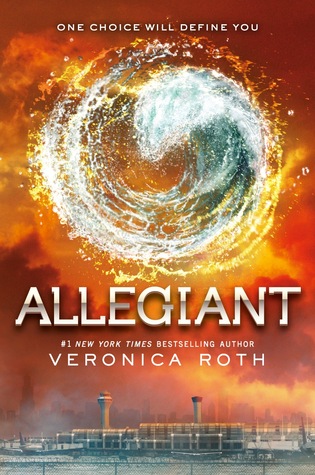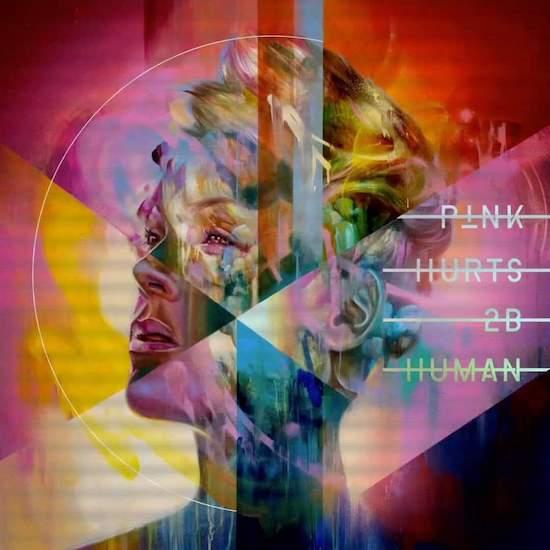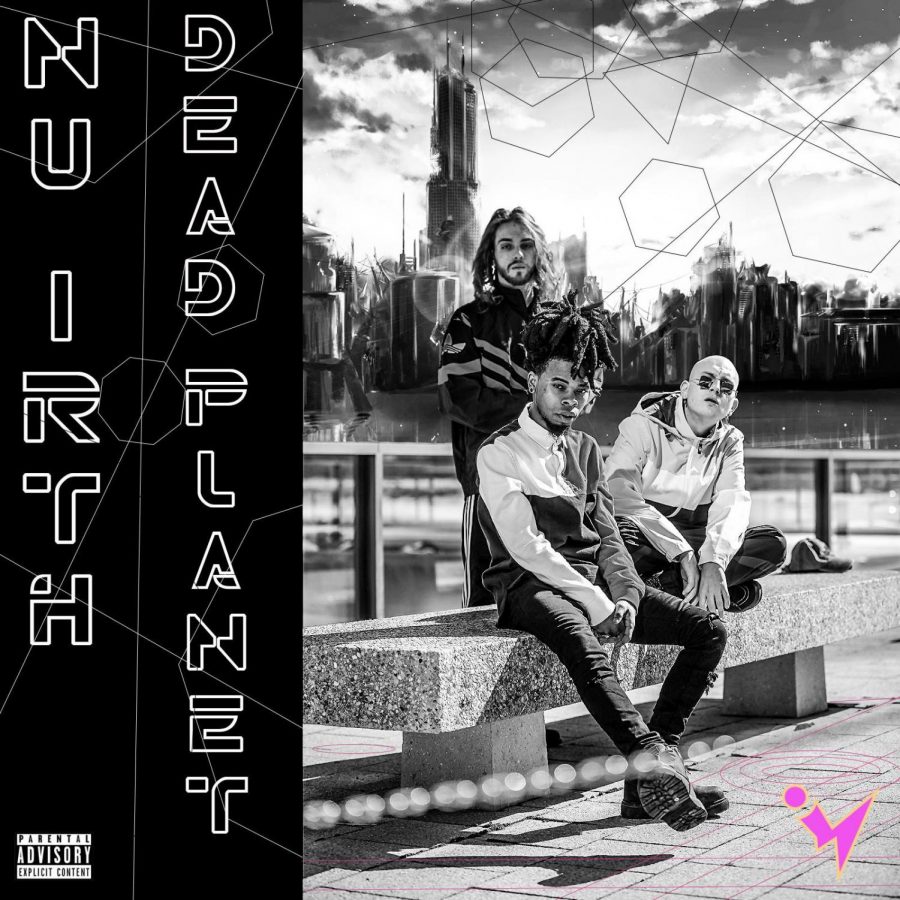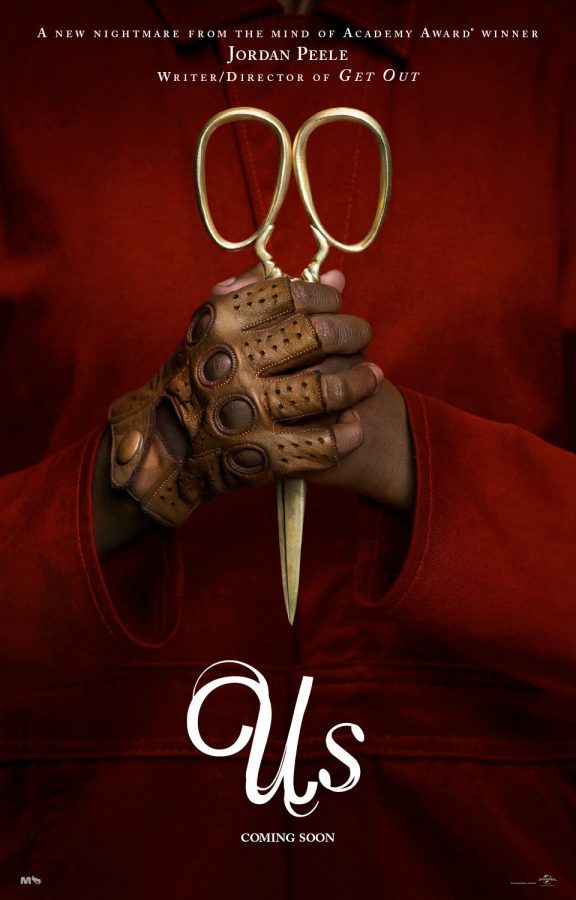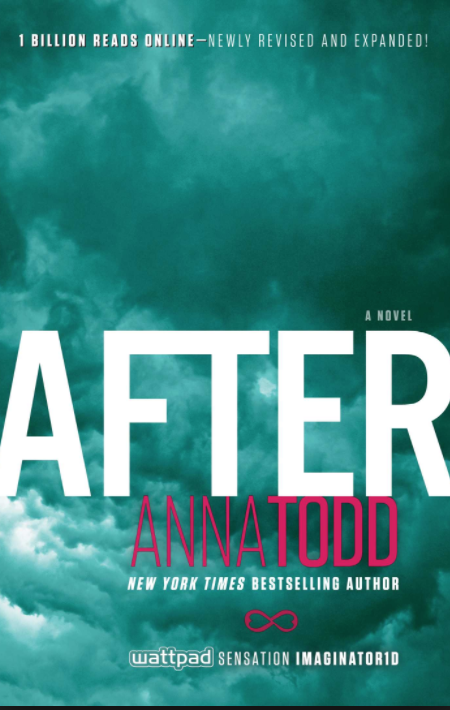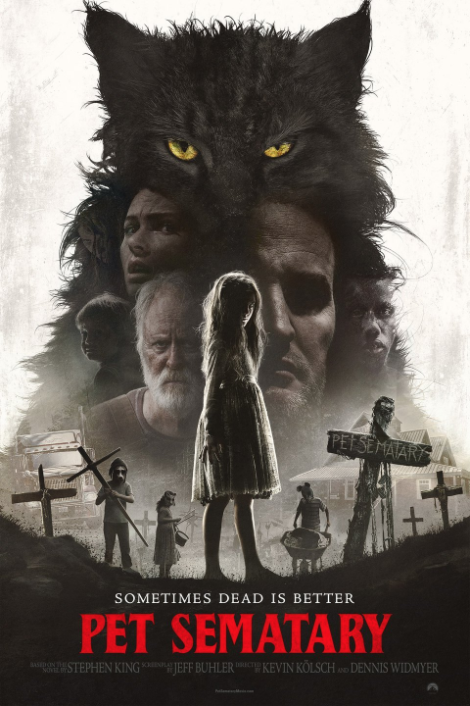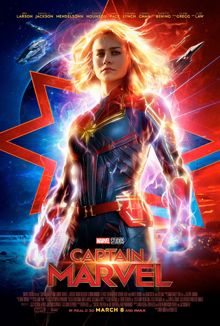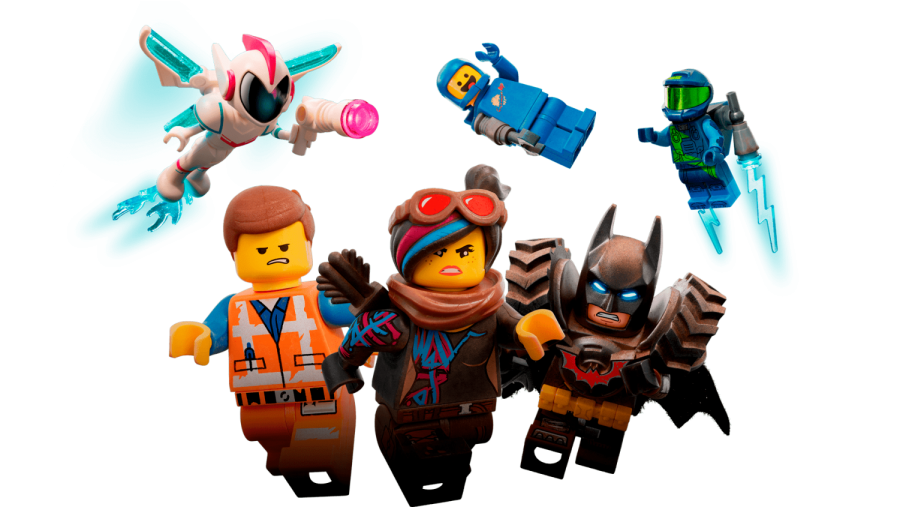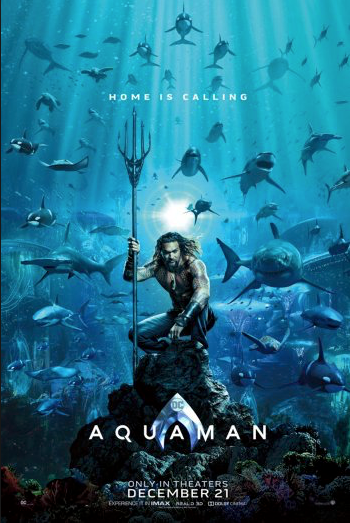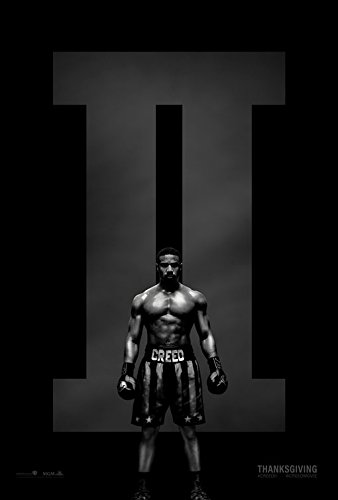The highly anticipated novel, Allegiant, by Veronica Roth was finally released October 22. As the third and final book of the beloved Divergent series, Allegiant brought the story to a close after its sudden popularity among young adult readers.
Divergent was one of my favorite series, but I was rather disappointed by the final installment. It moved at a slow pace with not much excitement, unlike the first two books of the series. However, by the end of the novel, I was satisfied with the ending that Roth provided for her readers. Read on at your own risk, there are spoilers ahead!
Divergent is a sequence of dystopian novels set in Chicago. The city is divided into four factions based on certain virtues: Erudite (intelligence), Candor (honesty), Abnegation (selflessness) and Dauntless (bravery). Once a year, all 16 year olds take an aptitude test and choose a faction based on the test results. The first novel of the series, Divergent, follows Tris as she takes her aptitude test and discovers that she is divergent, or does not qualify for any of the factions. Later on, Tris realizes that her divergence puts her in danger.
By the end of Divergent, a conspiracy within the government is exposed, and an uprising is brewing. Insurgent, the second book, leaves readers hanging with a painful plot twist in the last few pages. My jaw actually dropped as I read the last sentence, especially when I realized I would have to wait a year for the final book.
Being such a huge fan of the series, I had high hopes for the closing of this story. Perhaps I set my standards too high or lost taste for the series, but I was mildly disappointed by the way Roth concluded the series. The only redeeming part of the novel, in my mind, was the ending.
I found Allegiant to be boring and predictable. Compared to Roth’s first two novels, there were few intense cliffhangers to keep me on the edge of my seat.
Allegiant also switches between alternating points of view. I would not have necessarily minded this, but there was absolutely no character differentiation. I often had to go back to the start of the chapter to figure out who was speaking.
As frustrated as I was, Roth redeemed the book by the end by killing the protagonist.
As strange as this may sound, the death of Tris actually made me enjoy the book. I am not a morbid person, nor do I enjoy a character’s suffering, but Tris died for the greater good. She died in order to overthrow the dystopian world in the hopes of forming a better one. That may sound cheesy and over the top, but her death concluded the series in a way I never thought possible.
Many readers disliked the ending to this book because they saw her death as an abolishment of a great series. I, however, found the ending to the be very fitting considering the genre. In a dystopian world, there will be deaths and destruction. It is not the author’s job to create a “happily ever after” for the readers.
Allegiant is certainly not my favorite book of the series, but I do urge all fans to read the final installment of the Divergent series. It leaves you feeling satisfied and proud of Roth for creating such an incredible made-up world.




